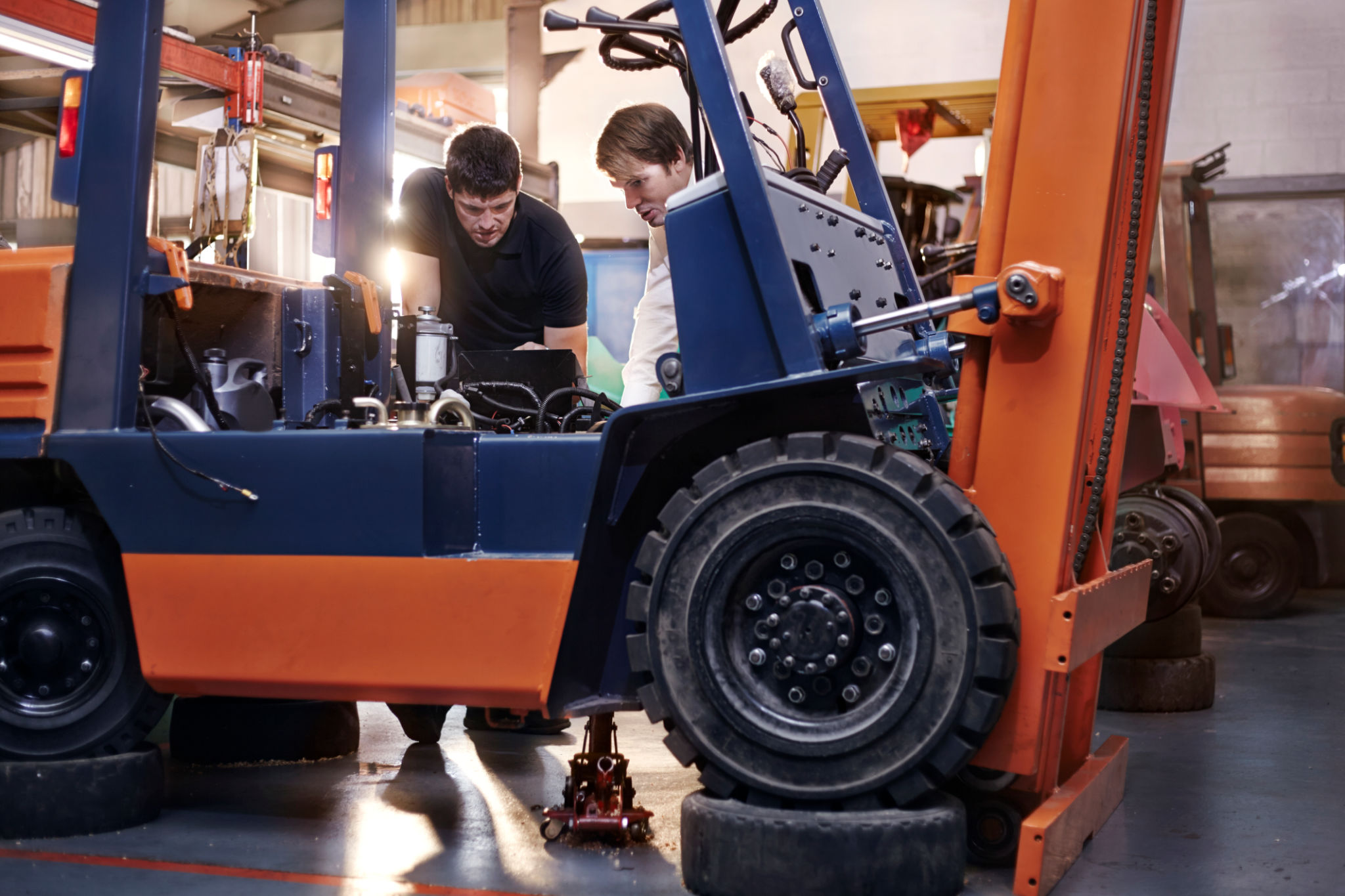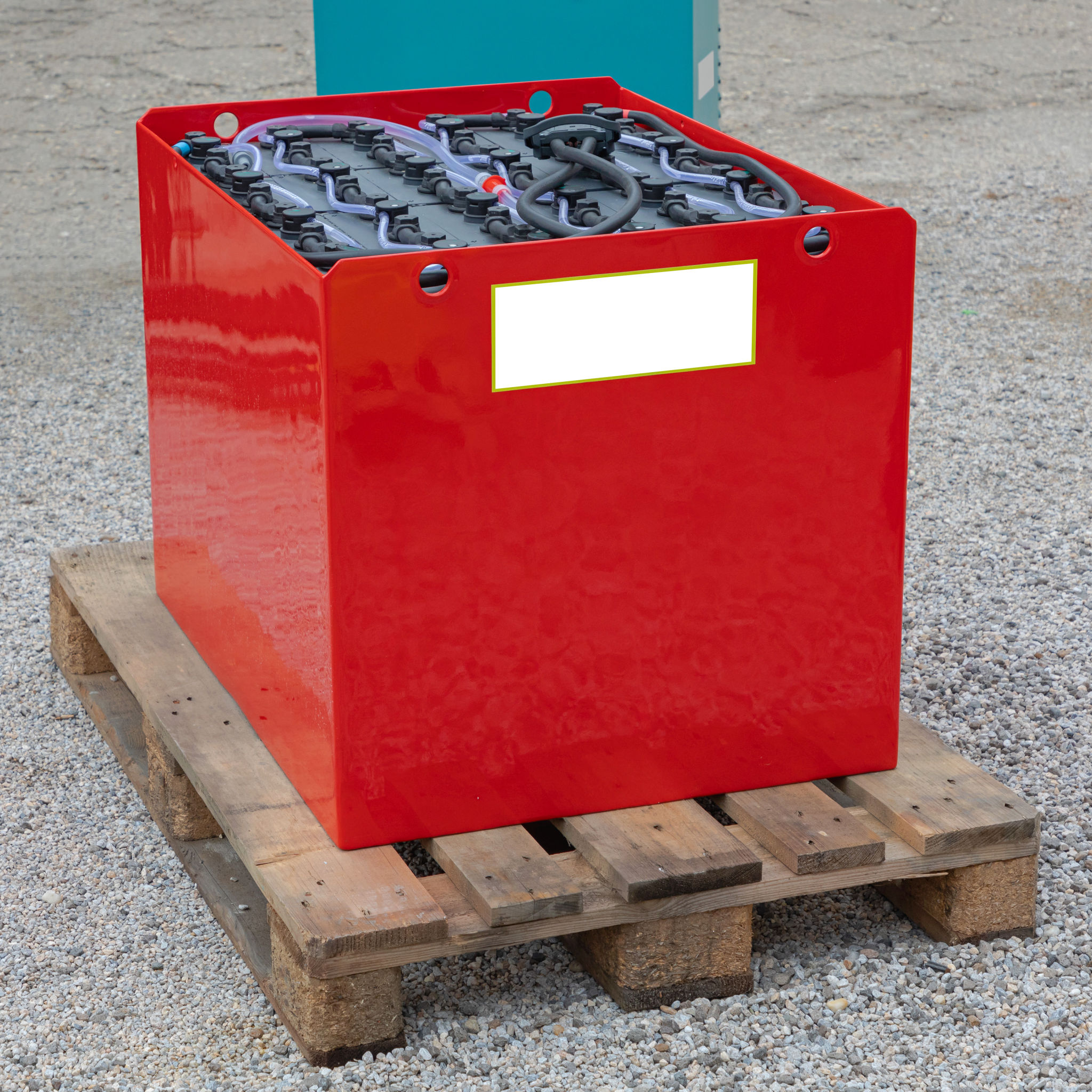How to Maintain Your Forklift for Optimal Performance: Expert Tips
Understanding the Importance of Forklift Maintenance
Proper forklift maintenance is crucial to ensure the safety and efficiency of your operations. Regular upkeep not only extends the life of your equipment but also minimizes the risk of accidents. By maintaining your forklift in optimal condition, you can avoid costly repairs and downtime, boosting productivity in the long run.

Daily Inspections: A Key Habit
One of the most recommended practices is to conduct daily inspections before using the forklift. This routine check should include looking at fluid levels, tires, batteries, and brakes. By doing so, you can identify any potential issues early on and prevent them from escalating into major problems.
It's important to create a checklist that covers all essential components. Encourage operators to report any anomalies immediately to ensure timely interventions. Consistency in these checks goes a long way in maintaining peak performance.
Fluid Levels and Lubrication
Keeping fluid levels in check is vital for smooth forklift operation. This includes engine oil, hydraulic fluid, and coolant. If these fluids are low or contaminated, it can lead to inefficient performance and even damage to the machinery. Regularly lubricating moving parts is equally important to reduce friction and wear.

Regular Maintenance Schedule
Besides daily checks, establishing a regular maintenance schedule is essential. This schedule should include comprehensive inspections by a qualified technician at least once a month. During these sessions, parts such as forks, chains, and mast should be closely examined for wear and tear.
Pay special attention to components like filters and belts which might require more frequent replacements. A well-structured maintenance plan helps in keeping the forklift running efficiently and safely.
Battery Care for Electric Forklifts
For electric forklifts, battery maintenance is crucial. Ensure that batteries are charged properly and never run out completely. Regularly check for signs of corrosion on terminals and clean them as needed. Maintaining the right water level in the battery cells is also important for optimal performance.

Tire Maintenance for Stability
Forklift tires play a critical role in ensuring stability and safety during operations. Regularly inspect tires for signs of wear and tear, cuts, or punctures. Proper inflation should be maintained at all times since uneven tire pressure can lead to imbalance and increased fuel consumption.
Investing in quality tires suitable for your type of operation can make a significant difference in performance and safety.
Training and Operator Responsibility
Lastly, well-trained operators are key to maintaining forklifts in good condition. Ensure that your team is well-versed with the equipment they handle and understands the importance of regular maintenance practices. Encouraging a culture of responsibility among operators can significantly reduce misuse and increase the lifespan of your forklifts.

By implementing these expert tips, you can maintain your forklifts for optimal performance, ensuring safety and efficiency in your operations. Regular maintenance not only protects your investment but also enhances overall productivity, making it a crucial aspect of warehouse management.
